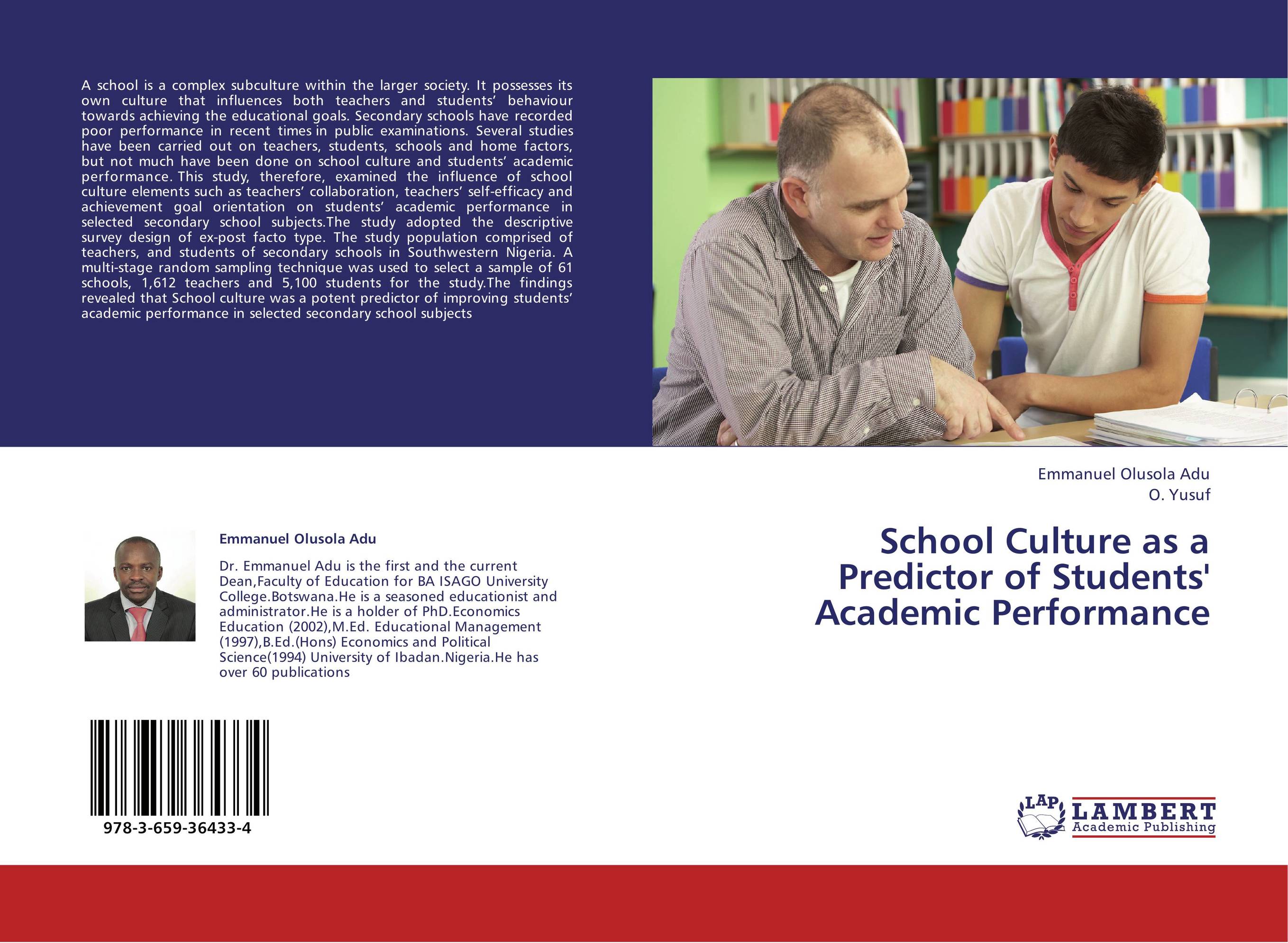| Поиск по каталогу |
|
(строгое соответствие)
|
- Профессиональная
- Научно-популярная
- Художественная
- Публицистика
- Детская
- Искусство
- Хобби, семья, дом
- Спорт
- Путеводители
- Блокноты, тетради, открытки
School Culture as a Predictor of Students' Academic Performance.

В наличии
| Местонахождение: Алматы | Состояние экземпляра: новый |

Бумажная
версия
версия
Автор: Emmanuel Olusola Adu and O. Yusuf
ISBN: 9783659364334
Год издания: 2013
Формат книги: 60×90/16 (145×215 мм)
Количество страниц: 64
Издательство: LAP LAMBERT Academic Publishing
Цена: 29932 тг
Положить в корзину
Позиции в рубрикаторе
Сферы деятельности:Код товара: 119965
| Способы доставки в город Алматы * комплектация (срок до отгрузки) не более 2 рабочих дней |
| Самовывоз из города Алматы (пункты самовывоза партнёра CDEK) |
| Курьерская доставка CDEK из города Москва |
| Доставка Почтой России из города Москва |
Аннотация: A school is a complex subculture within the larger society. It possesses its own culture that influences both teachers and students’ behaviour towards achieving the educational goals. Secondary schools have recorded poor performance in recent times in public examinations. Several studies have been carried out on teachers, students, schools and home factors, but not much have been done on school culture and students’ academic performance. This study, therefore, examined the influence of school culture elements such as teachers’ collaboration, teachers’ self-efficacy and achievement goal orientation on students’ academic performance in selected secondary school subjects.The study adopted the descriptive survey design of ex-post facto type. The study population comprised of teachers, and students of secondary schools in Southwestern Nigeria. A multi-stage random sampling technique was used to select a sample of 61 schools, 1,612 teachers and 5,100 students for the study.The findings revealed that School culture was a potent predictor of improving students’ academic performance in selected secondary school subjects
Ключевые слова: School Culture, academic performance, Teachers’ collaboration, Teachers’ self-efficacy, Achievement goal orientation



